Getting away from it all every now and then is an absolute must for everyone who loves traveling – but even when you are away, you must get online sometimes, whether it is to check your emails or to find your way around a new city. It does not matter whether you have chosen an adventurous trail off the beaten track or a popular tourist destination: there are always risks that are associated with getting online while traveling. But if you get informed, you can learn how to better stay safe when browsing the internet abroad.
Beware of Public Wi-Fi
While traveling, you usually rely on internet provided by third parties, like a café or a public space. But public Wi-Fis are notoriously lacking in security – in theory, any relatively skilled hacker could use the connection to access your device and steal your personal data. One good solution for that is installing a VPN – a Virtual Private Network that establishes an extra layer of protection between your computer and the server. It ensures that your communication over the internet is encrypted, making your connection a secure one. There are plenty of VPN providers to choose from, so it is worth it to take the time and do a little research first.
Another important aspect to keep in mind while using public spaces while traveling is the low security on shared computers. You might be tempted to use a PC terminal at your hostel to check out your bank account balance – but this would be very ill-advised. Anyone has access to these devices and they could very easily be infected with malware, like a key-logger that records your passwords. You should try and keep any sensitive information out of your session, and of course, never store or save any personal information on a public computer. Save your online shopping or web banking for when you are on a safer device. Instead, use a public computer for less security-focused tasks, like checking out your intended itinerary on the map, deciding where to dine or finding out museum opening hours.
Protect your Credit Card Details
When you are traveling abroad, your credit card is often your best ally: you do not need to change money into the local currency or carry loads of money with you. Credit cards with no foreign transaction fees that are offered by many banks such as Wells Fargo and Bank of America are very popular among frequent travelers – and can help you save money in transaction fees that will boost your vacation budget instead. But when you use your credit card online abroad, you need to be extra vigilant.
It is a good idea to opt for a credit card that comes with a two-step verification process like an OTP – which most credit card providers offer these days. OTP stands for One Time Password and essentially means that after you have entered your card details online in order to use your card, your bank contacts you through another device like your phone by an SMS text or through a special token, providing you with a unique code that expires very quickly and is used to verify your identity on the spot and allow the transaction to proceed. For extra caution, be sure to monitor your credit card monthly reports and look for any expenses you do not recognize.
Staying safe online is not too hard if you know the basics of it. So, set some time apart when planning your next trip to boost up your online safety skills, too!


